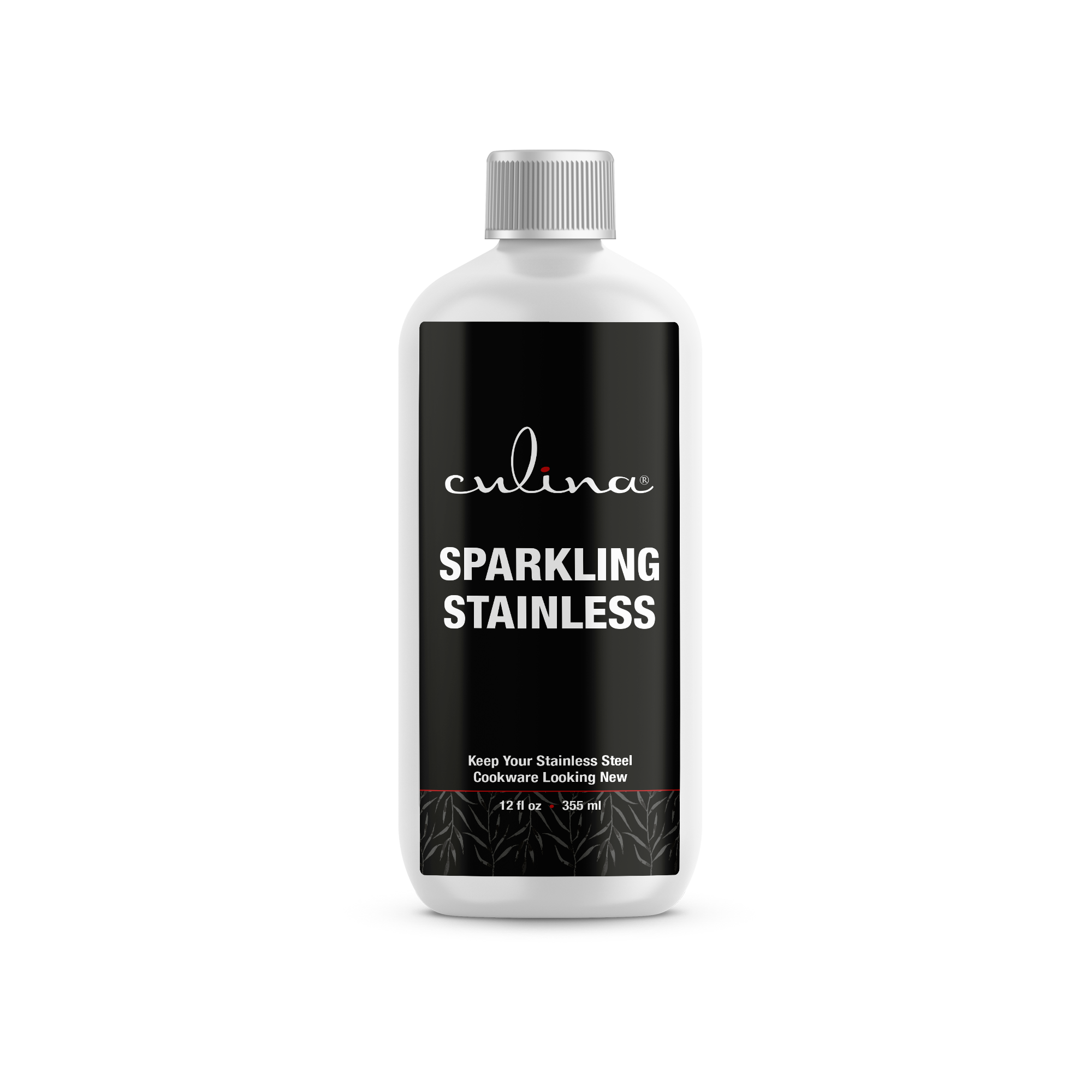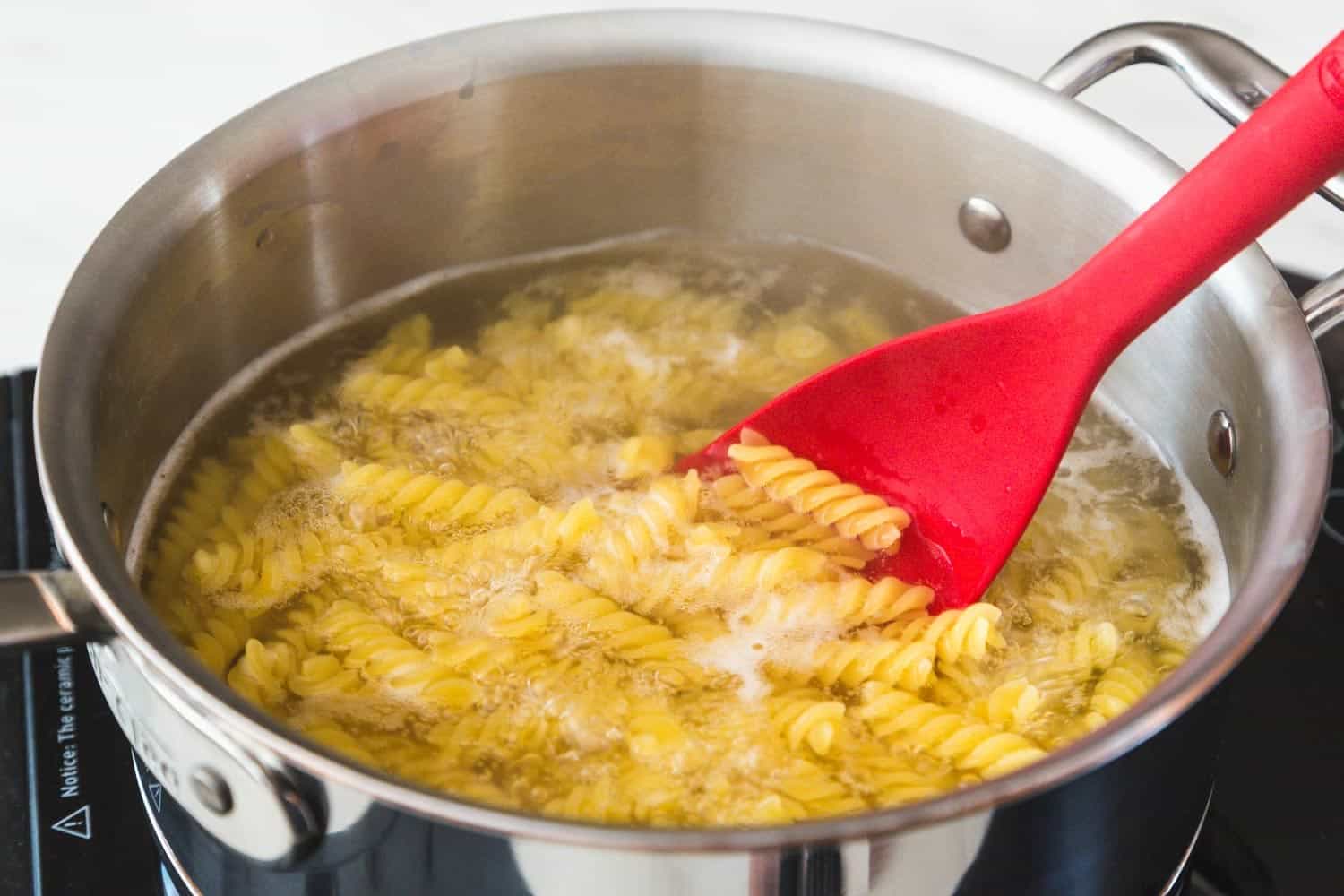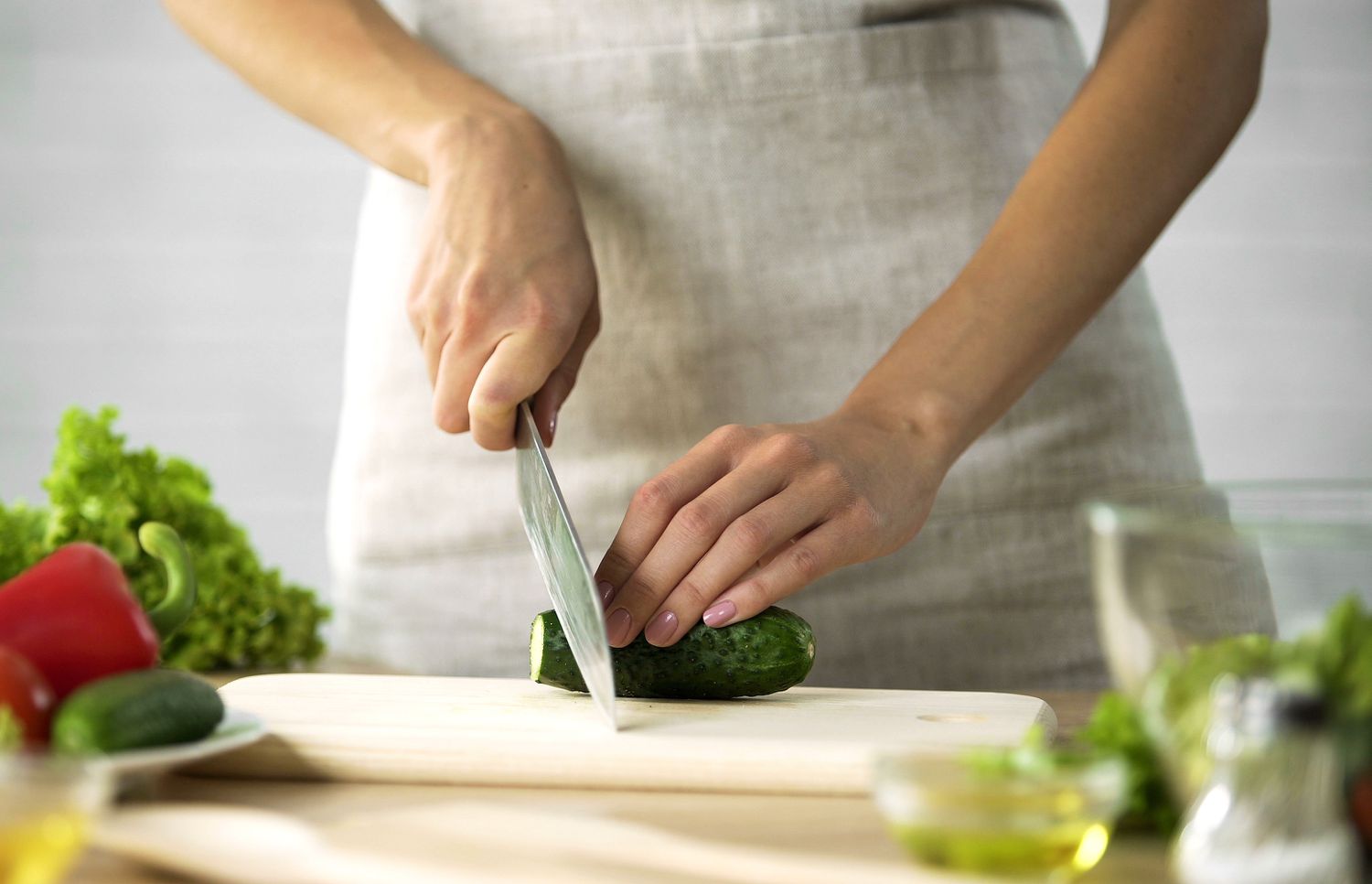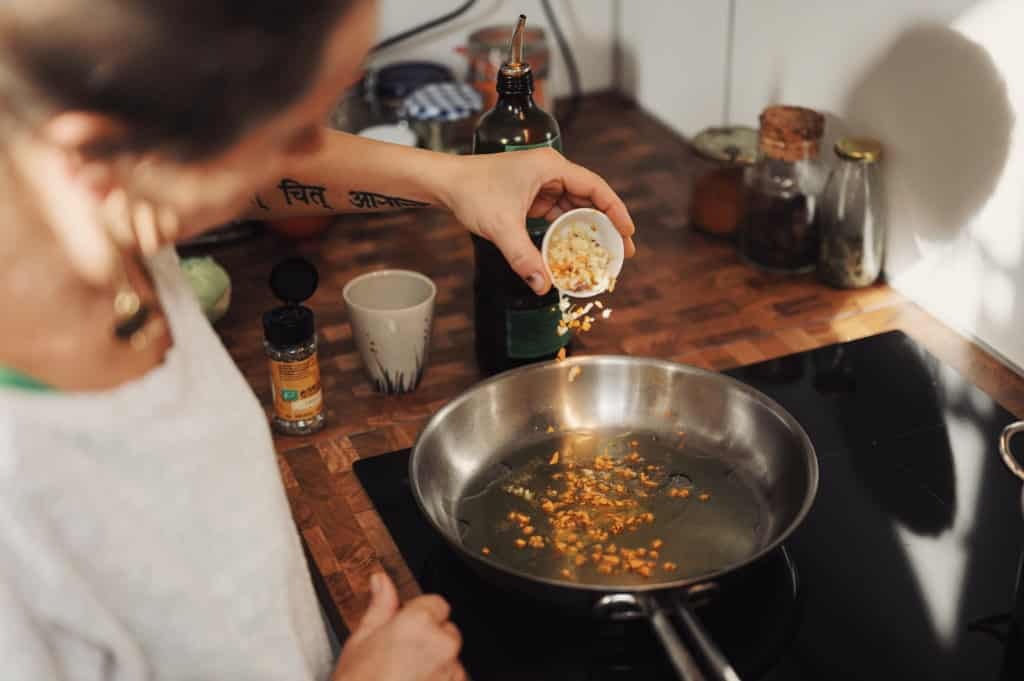For kitchen professionals, the type of cookware used can make or break the cooking experience. One of the most discussed topics is non-stick cookware and specifically, why are saucepan coated with Teflon? Teflon, a brand name for polytetrafluoroethylene (PTFE), has become synonymous with non-stick cooking surfaces. Understanding the science behind Teflon coating can deepen a chef's appreciation for these essential kitchen tools.
In this article, we will delve into the properties of Teflon, its advantages and disadvantages, and why it has remained a staple in many professional kitchens. We'll explore important factors that contribute to the popularity of Teflon saucepans, providing insights specifically tailored for those who fine-tune their cooking skills.

The Science Behind Teflon Coating
Teflon is a synthetic polymer that provides a non-stick surface, allowing food to cook without sticking to the pan. This property is mainly due to its low surface energy, which makes it hydrophobic and resistant to sticking from high proteins and carbohydrates found in many foods.
Why are saucepan coated with Teflon? The non-stick characteristic plays a significant role in reducing the amount of cooking oil needed, promoting healthier cooking options. For kitchen professionals, this not only means healthier dishes but also easier cleanupfactors that greatly enhance productivity during busy shifts.

Advantages of Teflon-Coated Saucepans
Understanding the advantages of Teflon-coated saucepans helps kitchen professionals make informed choices when equipping their kitchens. Here are some key benefits:
- Easier Cleanup: Teflon-coated surfaces are significantly easier to clean, which saves time and energy. A simple wipe with a sponge is often enough to remove residual food.
- Healthier Cooking: The need for excess oil and fat decreases with Teflon cookware, making meals healthier without sacrificing flavor.
- Uniform Heating: Teflon-coated saucepans often provide better heat distribution, leading to evenly cooked meals.
- Diverse Cookware Compatibility: Teflon cookware can work well with various heat sources, including gas and electric stoves. This versatility is crucial for kitchen professionals who work with different equipment.

Potential Disadvantages
Although Teflon-coated saucepans offer numerous benefits, there are some drawbacks to be aware of:
- Scratching: Teflon surfaces can be scratched easily if metal utensils are used, compromising the non-stick quality.
- Heat Sensitivity: Teflon is sensitive to high temperatures; overheating can cause the coating to break down and release harmful fumes.
- Durability: Compared to stainless steel or cast iron, Teflon-coated pans may have a shorter lifespan, necessitating more frequent replacements.

Installation and Care for Teflon Cookware
Proper use and care can significantly extend the life of a Teflon-coated saucepan:
- Use Low to Medium Heat: It's advisable to cook with low to medium heat settings to avoid damaging the non-stick surface.
- Use Non-Metal Utensils: Opt for wooden, silicone, or plastic utensils to prevent scratches.
- Avoid Abrasive Cleaners: Stick to gentle sponges and non-abrasive cleaners to preserve the non-stick layer.
How to Choose the Right Teflon Cookware
Choosing the right Teflon cookware involves understanding the specifics of your cooking style. Kitchen professionals should consider:
- Weight: Heavier pans typically offer better heat retention.
- Brand Reputation: Choose reputable brands known for their Teflon products to ensure quality and safety.
- Thickness: Thicker coatings may offer better durability and longer-lasting non-stick performance.
FAQs about Teflon-Coated Saucepans
What are the health risks associated with Teflon?
When used within safe temperature ranges, Teflon-coated cookware is generally considered safe. Overheating can pose risks, so it's important to use these pans appropriately.
Can I use metal utensils on Teflon saucepans?
No, using metal utensils can scratch and damage Teflon surfaces. It's best to opt for silicone, plastic, or wooden utensils.
How can I improve the lifespan of my Teflon cookware?
To extend the life of Teflon saucepans, avoid high temperatures, keep them clean with non-abrasive tools, and use suitable cooking utensils.
For more information on the functionality and purpose of saucepans, visit Cooking Channel.
As an Amazon Associate, I earn from qualifying purchases.






Leave a comment
This site is protected by hCaptcha and the hCaptcha Privacy Policy and Terms of Service apply.